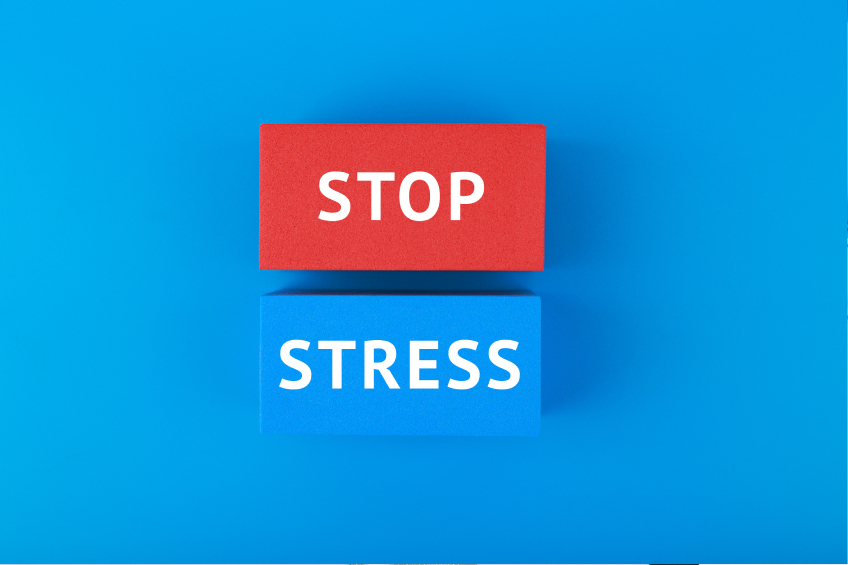In the modern era of endless distractions and responsibilities, stress awareness is imperative. It’s important to shine a light on the impact of stress on health and well-being and to explore effective strategies for managing it. In the bustling world of healthcare, where demands are high and time is precious, stress can often become an unwelcome companion for both patients and practitioners alike. In this blog, we’ll delve into the nuances of stress, its effects on health and how practitioners can support their patients and themselves in navigating through it.
Understanding Stress
Stress is a natural response to challenging situations, but when left unmanaged, it can take a toll on both physical and mental health. From the pressures of work and personal life to unexpected crises, stressors come in various forms and intensities. Stress awareness is crucial for healthcare providers to recognize the signs of stress in ourselves and our patients considering the numerous negative effects that elevated stress causes.
Recognizing Signs of Stress
Stress manifests differently in each individual, but common signs include physical symptoms like headaches and fatigue, emotional symptoms such as anxiety and irritability, and behavioral changes like altered sleep patterns or increased substance use. By being attuned to these signs, practitioners can identify patients who may benefit from stress management support.
Effects of Stress on Health
The impact of stress on health cannot be overstated. Chronic stress has been linked to a myriad of health conditions, including cardiovascular disease, compromised immune function and exacerbation of chronic illnesses like diabetes and hypertension. Moreover, mental health disorders such as depression and anxiety often coexist with high levels of stress. Recognizing the connection between stress and health outcomes is essential for providing holistic care to patients.
Strategies for Stress Reduction
Empowering patients with practical tools to manage stress is a vital aspect of healthcare. Lifestyle modifications, including regular exercise, nutritious diet and adequate sleep, form the foundation of stress management. Additionally, relaxation techniques such as deep breathing, meditation and progressive muscle relaxation can help alleviate tension and promote a sense of calm. Encouraging patients to foster social connections and practice effective time management can further enhance their ability to cope with stressors.
Role of Healthcare Practitioners in Stress Management
As healthcare practitioners, we play a pivotal role in supporting patients through their stress awareness and management journey. By integrating stress screening into routine assessments and fostering open dialogue with patients about their stressors, we can create a safe space for addressing concerns. Providing patients with resources and referrals to mental health professionals, support groups and community resources can empower them to seek additional support when needed. Incorporating stress management techniques into treatment plans and follow-up care reinforces the patient/provider relationship and emphasizes the importance of holistic treatment.
Self-Care for Practitioners
Amidst our dedication to caring for others, it’s essential for practitioners to prioritize self-care. The demands of the healthcare profession can take a toll on our own well-being, leading to burnout and compassion fatigue. Practicing self-compassion, setting boundaries, and engaging in activities that bring joy and relaxation are crucial for maintaining resilience and preventing professional exhaustion. By prioritizing our own self-care, we can better support our patients in their journey toward stress reduction.
Spread Stress Awareness and Support Patients in Their Stress Reduction Journey
In the journey of healthcare, stress is an inevitable companion. However, by understanding its impact and equipping ourselves and our patients with effective strategies for managing it, we can navigate through challenging times with resilience and grace. Let us renew our commitments to spreading stress awareness, prioritizing stress management in healthcare practice and fostering a culture of holistic well-being for all.

